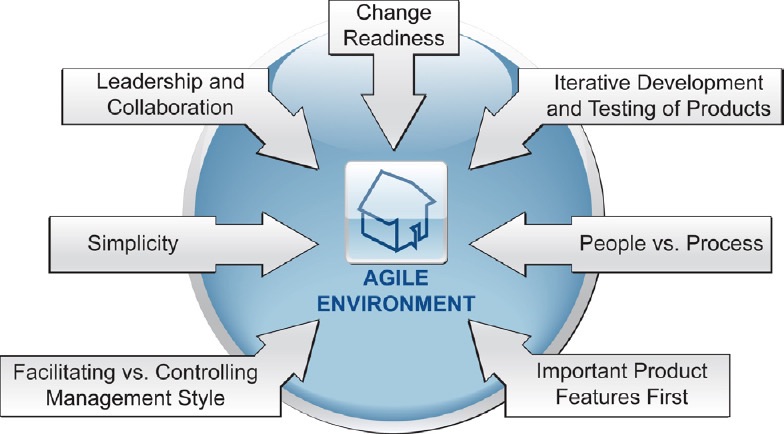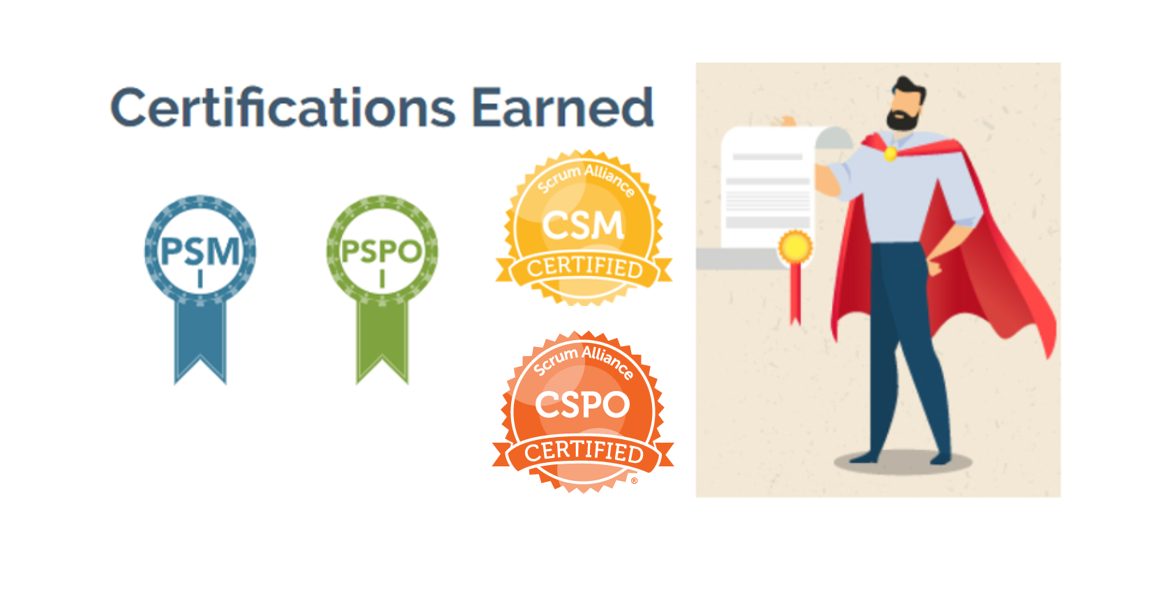The Project Management Institute (PMI) bringing the Agile Alliance under one roof is a groundbreaking strategic move that marks the unification of two seemingly opposing project management philosophies: traditional project management thinking (Waterfall) and the flexibility and self-organization of Agile. This action not only changes the approach to project management but also opens up opportunities to redefine the role of Project Manager in the new era.
**Core Values of the Combination**
1. **Integration of Discipline and Flexibility**
The integration of Agile into PMI’s ecosystem creates a diverse project management platform that caters to both stable projects and those requiring high flexibility. Agile adds adaptability and quick responsiveness to PMI’s traditional project management models.
2. **Optimization of Processes and Performance**
– The combination of PMI’s rigorous project management standards and methods with Agile’s continuous improvement mindset helps optimize workflows.
– As a result, projects achieve high discipline while easily adapting to changes, responding more rapidly to market and customer needs.
3. **Expanding the Knowledge Base**
Agile brings innovative tools and mindsets, while PMI offers traditional techniques and expertise. This intersection broadens the knowledge base of project management professionals, enabling them to become more well-rounded project leaders.
**Advantages of the PMI – Agile Combination**
1. **Building a Comprehensive Project Manager Role**
Project Managers now need not only to understand risk management, planning, and project control but also to master soft skills such as fostering collaboration, leading cross-functional teams, and applying Agile tools for maximum effectiveness.
2. **Integrating Advanced Training and Certifications**
– This collaboration is expected to deliver combined certifications, integrating Agile skills (Scrum, Kanban, SAFe) with traditional management knowledge (PMBOK).
– These training programs will help project management professionals access best practices from both worlds.
3. **Increasing the Likelihood of Successful Digital Transformation**
In the context of digital transformation, Agile has demonstrated its capability to drive innovation and agility, while PMI provides the necessary structure to ensure sustainability and control. This combination offers an ideal foundation for organizations seeking to accelerate digital transformation while maintaining high performance.
4. **Developing an Expanded Project Management Community**
The Agile Alliance will have the opportunity to access PMI’s global network, bringing Agile to traditional industries where it has not been widely adopted before. This will not only promote the spread of Agile but also help PMI modernize its image.
**Opportunities for the Project Manager Role in the New Era**
1. **Combining Technical Expertise and Agile Mindset**
– Project Managers need to master traditional project management techniques such as resource allocation, budget management, and risk control, while also applying Agile thinking to foster collaboration, respond quickly, and innovate.
– This combination enables them to become versatile leaders who can easily adapt to various types of projects.
2. **Promoting a Leadership Role in Transformation**
– Project Managers can serve as leaders in driving Agile cultural transformation within organizations, helping teams understand and implement Agile’s core values.
– Instead of merely focusing on “completing projects on time,” they will concentrate on “delivering real value” to the organization and customers.
3. **Opportunities for Continuous Learning and Development**
– PMI’s integration of Agile brings a wealth of resources, from training to community networking events. This is an opportunity for Project Managers to learn and develop new mindsets and skills.
– Real projects will become a testing ground for applying advanced management methods.
**Conclusion**
PMI’s acquisition of the Agile Alliance is not just a significant milestone in the project management industry but also heralds a new era for the role of Project Manager. The combination of extensive expertise, traditional management techniques, and modern Agile thinking will enable Project Managers not only to adapt but also to lead in a fiercely competitive landscape. Agile is no longer just a trend; it has become an essential part of the overarching project management landscape. With the right knowledge base and an unwavering spirit of learning, Project Managers can leverage Agile as a catalyst to deliver maximum value for organizations and customers.



